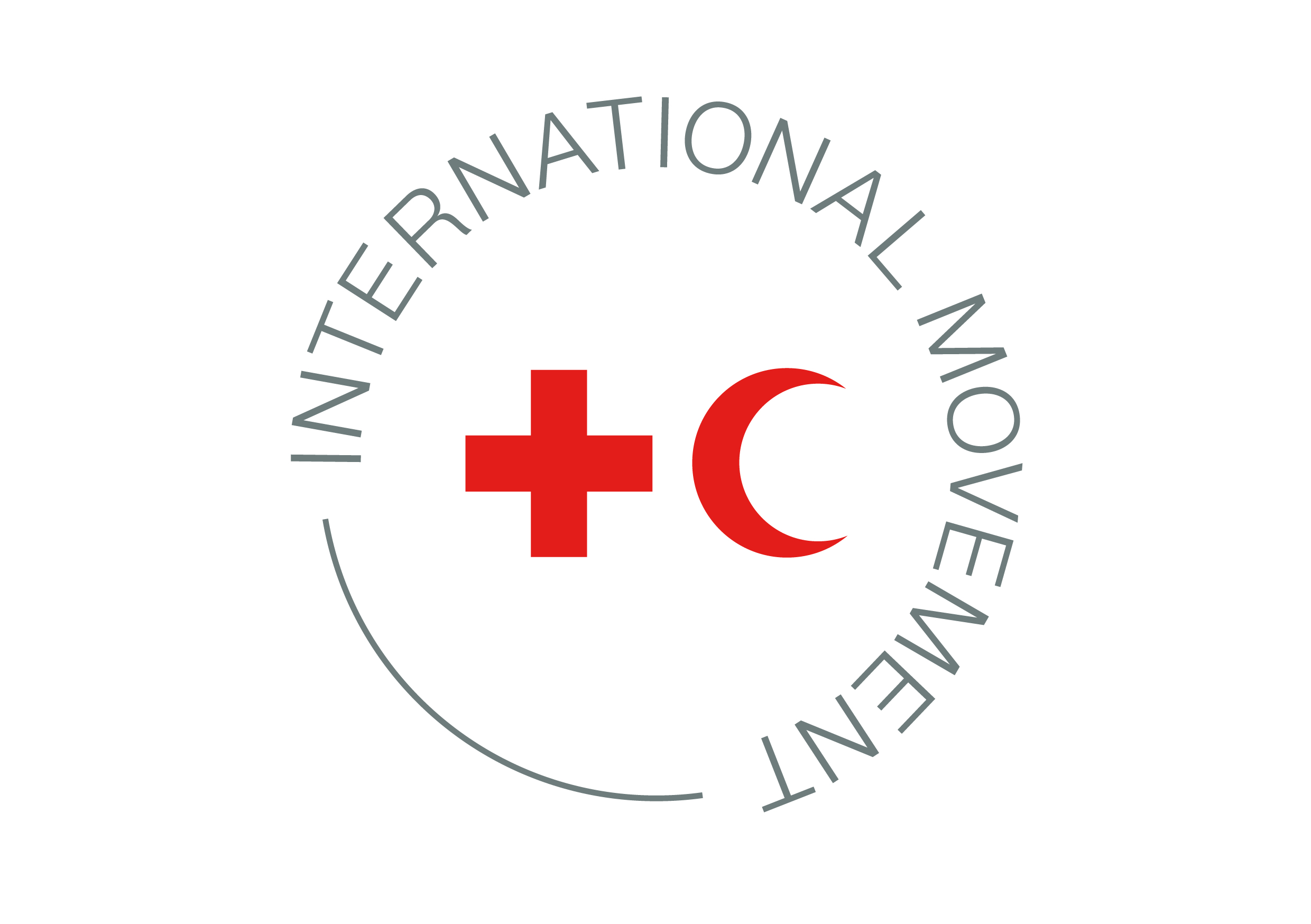Actions taken:
| Snapshot of Australian Red Cross Work Implementing the Resolution
· SGBV Research in Asia: in 2019, Australian Red Cross partnered with IFRC, the ASEAN Committee on Disaster Management Prevention, and the Mitigation Working Group to better understand how public authorities and humanitarian actors can prevent, mitigate and better respond to gender-based violence during and after disasters. This research was locally-driven, working with the National Societies of the Philippines, Indonesia and Lao PDR. The researchers spoke to 1,779 disaster-affected individuals (846 men and 933 women). The research found that the risk of different forms of SGBV, including child marriage, domestic violence, trafficking and sexual harassment, increased during and after disasters. For example, more than 40% of respondents had heard of someone who had sustained injuries from domestic violence after a disaster, and more than 25% of respondents had heard of someone being raped after a disaster. As a follow on from that research, Australian Red Cross has supported activities in Indonesia and Philippines to put in place standard operating procedures and referral pathways to ensure that SGBV survivors can access safe and confidential services (that is, health, psychosocial, and legal services). · Capacity development and locally-lead action: the IFRC, ICRC, and National Societies developed a global training package on prevention and response to SGBV in emergencies (with input from UNFPA, IRC and others) with the aim to increase the skills, knowledge and capacity of National Societies staff and volunteers. In 2018, the Pacific region lead the first SGBV workshop, hosted by Samoan Red Cross that trained staff from 12 Pacific National Societies as well as Samoan government officials and co-facilitated by IFRC and ARC. As a result, the Samoa Red Cross and the Samoan Government established a national SGBV coordination network including representatives working on disaster management, health, psycho-social and legal areas and the Cook Islands Red Cross conducted a national SGBV Coordination Forum with the Government which led to establishment of a national SGBV prevention and response mechanism, chaired by the Gender Department of the Ministry of Internal Affairs, and a national implementation plan. From 2017–2019, Australian Red Cross also supported Bangladesh Red Crescent, Mongolia Red Cross and Vanuatu Red Cross to lead pilot programs in violence prevention and response that raised awareness at the community level, established coordination mechanisms, referral pathways for survivors of violence to access services. · Protection, Gender and Inclusion Specialists: since 2015, Australian Red Cross has supported the deployment of five protection, gender and inclusion specialist delegates to Nepal, the Philippines, Lebanon and Europe, and has funded three other PGI delegates in the region in Bangladesh and Indonesia. Australian Red Cross has 15 specialist protection, gender and inclusion delegates on our deployment roster. We have also supported one IFRC Asia Pacific regional protection, gender and inclusion specialist training that resulted in training of 21 PGI experts in the Asia-Pacific region.
|

